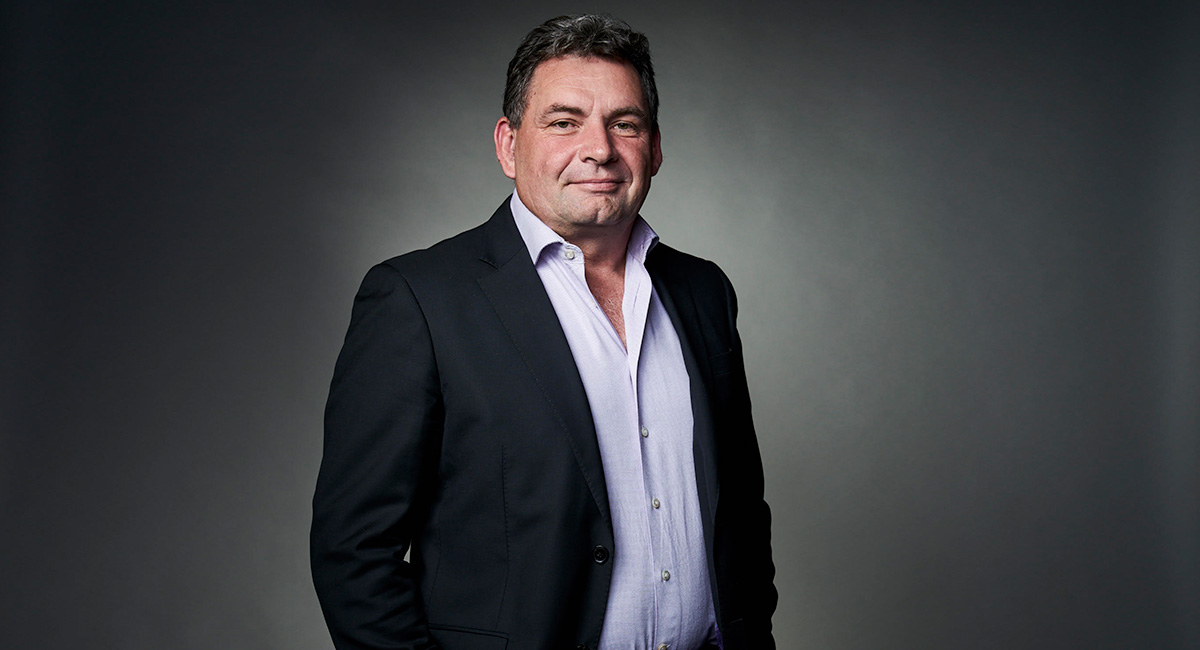Paul Maher is into his third tour of duty in senior sales and marketing roles at Television New Zealand.
The first was from 1997 to 2000, and followed his formative years stepping down from a Sydney-based role as head of trading at Zenith Optimedia. Maher became TVNZ head of agency sales at a buoyant time for free-to-air TV, when TVNZ held 70% of market.
In 2000 he left the state-owned broadcaster for senior roles at Starcom MediaVest, as COO of Hong Kong-China and then CEO roles in Canada, New Zealand and North Asia. He returned to TVNZ as head of sales and marketing from 2010 to 2012, when he is remembered for a gutsy career move.
When the chief executive Rick Ellis moved to Telstra, Maher was a contender for the top job. He missed out to media novice Kevin Kenrick, and Maher was appointed head of television and 2IC at MediaWorks, the smaller and more troubled competitor.
Maher was popular with staff, but became a victim of upheaval in the company, and set up as a consultant working with Ogilvy. In September last year, as Kenrick took a directorship of the Bank Of New Zealand amid speculation that he will be moving on, Kenrick reappointed Maher his commercial director, reviving speculation that he is heir apparent to the top job at TVNZ. Maher is also chairman of joint industry ad exchange KPEX in New Zealand.
With an easy laconic manner, Maher is a popular face of the small but highly competitive advertising market. Inevitably he has been a champion of free-to-air TV and advertisers reaching mass audiences sector for marketers. He has moved relatively freely from buying TV time to selling it and back again. He said he is not drawn to the purported glamour of a network role, but admits to enjoying a certain pleasure dealing with creative content.
“Before joining TVNZ, I had always worked with schedules, and I liked the way you could look at content and comprehend that as bringing a result. For me the transition from buying to a selling role was easy,” he said.
Maher believes his moves have stood him in good stead for the current challenges of developing a new digital platform and adjusting to competition coming, not from local competitors taking audience, but from Facebook, Google and YouTube offering short-form video content.
He said that the advertising sector had taken some missteps during the past decade, struck by the allure of new digital media and underplaying the value of proven media like free-to-air offering verified big hits.
“Over the past three years the content business has changed an awful lot.
“A key factor was a period where people took their eye off the importance of branding. I am not saying people should ignore the new digital platforms, but don’t take resources away from the proven success of free-to-air. The same applied to the nuanced approach to advertorial funding of production. TVNZ has developed a promising model that has largely been accepted by audiences.
“My sense is that the importance of branding in TV advertising diminished for a time. I am really pleased to see a resurgence in the past year of advertisers and agencies starting to believe in brands again.” He said the TV industry had also seen the NZ free-to-air industry body Think TV dissolve. Maher was optimistic that the upcoming revival of Think TV would boost the sector.
